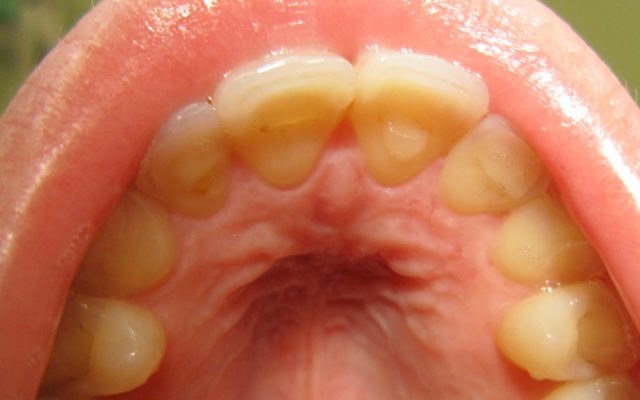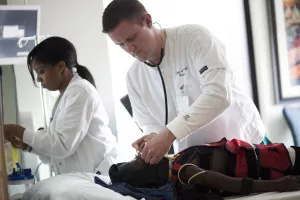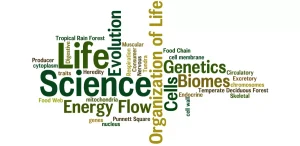What is Bulimia Nervosa? Symptoms, Causes, Prevention, Diagnosis

It is a serious disorder in which a person binge eats followed by methods to stop gaining weight.
SYMPTOMS
Physical signs
- Significant weight loss in a short period of time.
- Constipation
- Hypertension
- Excessively dry skin.
- Exhaustion
- Dizziness and fainting spells.
- Abdominal distress
- Cessation of menstruation months or failure to begin an appropriate age
- Dental enamel erosion.
- loss of hair.
- fine body hair (lanugo hair) on arms, neck, and face.
- Troubled interpersonal relationships with family members and friends.
- increasingly withdrawn from family members and friends.
Psychological signs
- Unusual moodiness
- Depression
- Confusion
- Forgetfulness
- Outbursts of anger
- Crying spells
- Anxiety
- Sleep difficulties
- Bizarre obsessions
- Repetitive behaviors or thoughts. Specific behaviors>Not eating or extreme limitations of food intake
- Cutting food into small pieces
- Obsession with dieting
- Eating only from a limited number of food group leg fruits, non-fat or low-fat foods)
- Hiding or hoarding food. Eating an unusually large amount of food
- Spending a long time in the toilet after eating
- Throwing up after meals or snacks. Abuse of diet pills, laxatives, and enemas
What will happen if you stop dieting

-
LESS PREOCCUPATION WITH FOOD
You will most likely stop thinking about every morsel you put in your mouth, stop over-planning what foods to eat, and stop calculating how much food and what type to eat when. LESS GUILT FOR EATING Your body needs fuel to survive. Food is our fuel. Diets are made up of a set of strict and often unobtainable rules. and when the rules are broken, guilt sets in. Guilt makes us feel bad, which doesn’t really help us take care of ourselves.
-
REDUCED RISK
Of developing a full-blown eating disorder or other problematic eating behaviors. Studies have shown dieting is a risk factor for developing an eating disorder
-
RECONNECTION WITH EXERCISE IN A HOLISTIC WAY
Movement provides so many benefits, such as stress relief, reduction of anxiety and depression, pain relief, recreation, and community. But when exercise is paired with dieting, it becomes a dreaded task or punishment, disconnecting us from the ways in which exercise can feel good.
-
RECONNECTION WITH FOOD
Instead of using strict guidelines of a diet to guide your food choices, you can use your internal wisdom to guide your food choices. You can eat foods that you like.
Question are to ask yourself
- Do you find yourself obsessing over your body image, size and your weight?
- When you eat do you feel guilty, ashamed or depressed afterward?
- Do you frequently think about food, calories, macronutrients and dieting to the point that it interferes with your life?
- Are you afraid of gaining weight, feel out of control and fear that when you start eating, you won’t be able to stop?
- Do you ever eat until you are overly full and even feeling sick?
- Do you take laxatives regularly or make yourself vomit to help control weight?
- Do you struggle with compulsive overexercising sometimes even when you’re injured or very sick but fear what will happen if you miss workouts: CO









